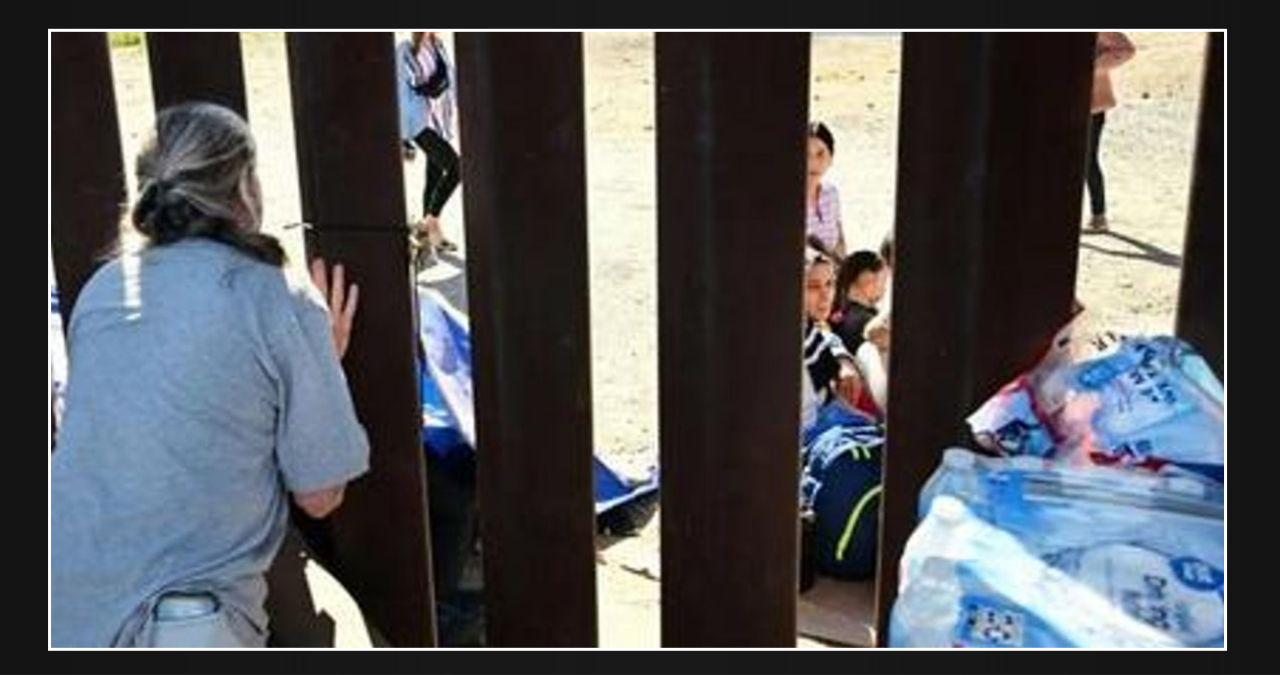During a recent House Homeland Security Committee hearing, Aaron Heitke, the former San Diego Border Patrol Sector Chief, said that the Biden administration urged him to relocate migrants away from the gaze of TV cameras. The announcement followed the administration’s decision to abandon a pandemic-era border policy and impose new asylum limitations earlier this year.
Many of these individuals endured extended periods of detention in open-air camps, frequently lasting over a week, with limited access to food and water, and were solely dependent on donations from humanitarian volunteers. During the hearing, Heitke stated, “It looked bad, and they wanted them moved,” indicating the administration’s worry about negative public opinion.
Humanitarian volunteers, human rights organizations, and members of Congress have all denounced the harsh conditions that detain migrants. Reports indicate that agents referred to the detainees’ location behind the International Wastewater Treatment Plant as “Whiskey Eight.” Despite opposition, volunteers said that agents continued to use this area for temporary holding, while the number of groups has decreased and wait times have reduced compared to a year and a half ago.
A Customs and Border Protection (CBP) officer denied Heitke’s assertions, citing his retirement from the department last summer. CBP continues to prioritize vulnerable migrants and speed their processing. The agency also stated that it increased resources to the San Diego Sector last year to improve efficiency.
The ongoing scenario has sparked concern, particularly because a judge decided earlier this year that the region between the border fences qualified as a detention facility, forbidding the confinement of minors there. However, volunteers claim that youngsters are still waiting in the open air.
According to Heitke, the practice of using hotels to house migrants has continued, despite a notable decrease in apprehensions since May. Heitke explained that this approach was initially implemented to address the overwhelming number of asylum seekers and the lack of processing space. Recent data shows a significant drop in apprehensions, with San Diego agents recording just over 14,400 apprehensions in August 2024, compared to over 25,000 in April 2023.
Advocates and officials are eagerly anticipating additional information from the Department of Homeland Security’s Office for Civil Rights and Civil Liberties as they closely follow the ongoing developments. The department’s investigation into these practices is highly anticipated, and it is expected that further findings will shed light on the treatment of migrants in this crucial area. Despite the anticipation, the DHS has not yet made its report public, leaving numerous unanswered questions surrounding this issue.
Several Mexican news outlets have reported that numerous caravans of migrants are currently heading north from southern Mexico. It is believed that this movement is driven by concerns that United States asylum may be limited if Donald Trump is re-elected as president. The reports from Chiapas, Oaxaca, and Tlaxcala indicate that the first caravan, consisting of 600 to 800 people, departed from Tapachula on October 5th. Additionally, many migrants are currently stranded in Chiapas, facing difficulties in finding employment and dealing with hunger.











Leave a Reply